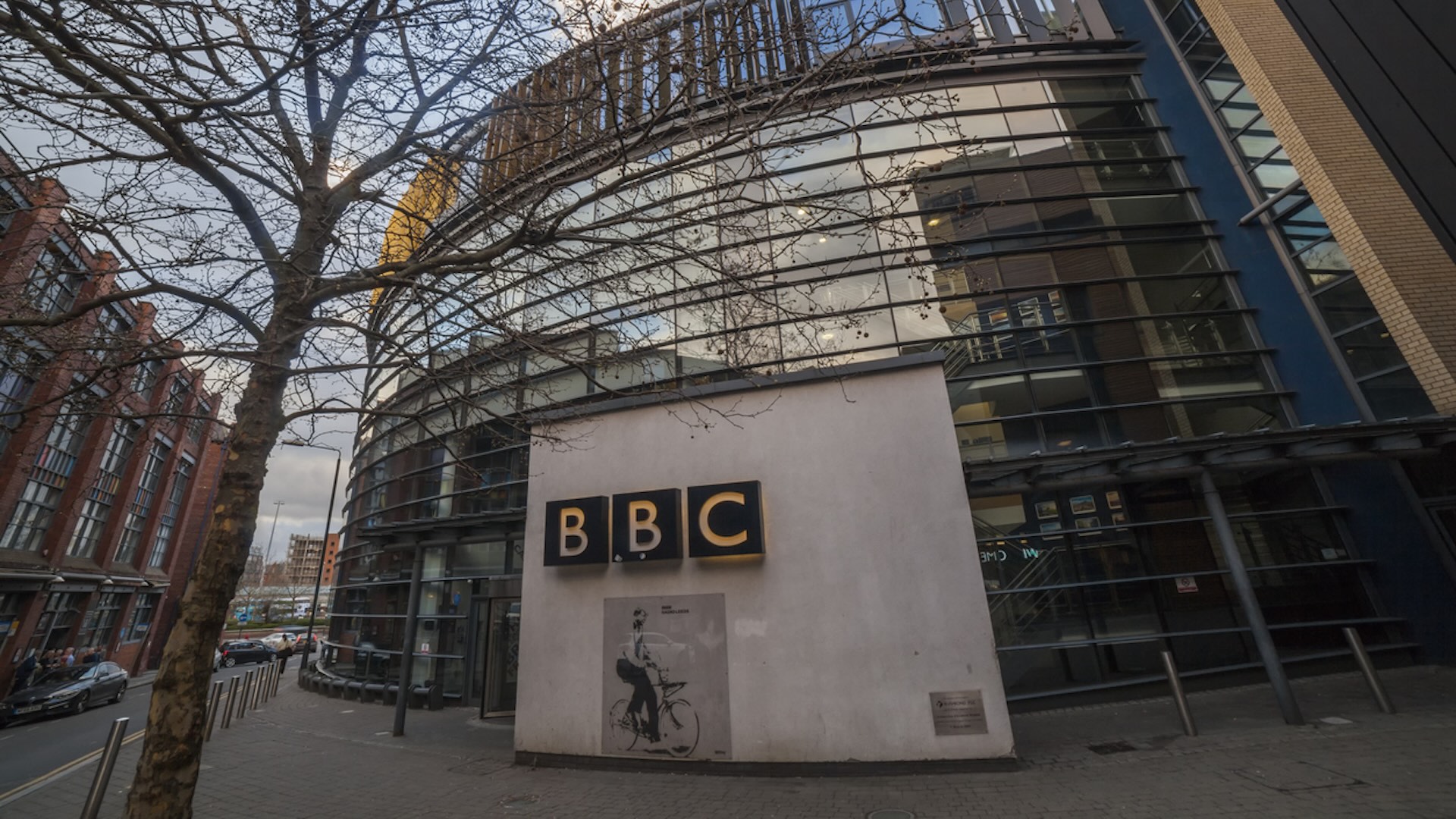A new report by climate watchdog DeSmog has accused the BBC of greenwashing the image of some of the most carbon-intensive sectors in the world.
The article noted that BBC StoryWorks, the studio responsible for producing branded, sponsored, and commercial advertising content and publishing it to an international audience, has helped generate billions of dollars in sales over the last few years.
Part of that financial growth can be attributed to the films, articles, and advertisements the studio created on behalf of companies and countries involved with the dirty energy, agricultural, and transportation industries.
Earlier in 2024, BBC published two articles for global utility company Engie, touting its goals for a more sustainable future despite the brand's heavy ties to liquefied natural gas and coal-fired power plants.
The broadcasting company also released a series of short films paid for by fossil fuel companies like Engie Brazil, Gasum, CLP Holdings, Mabanaft, and Invenergy. DeSmog noted they all made a pointed effort to highlight the featured company's "climate credentials … without examining their contribution to global emissions or the viability of the featured technologies."
Meanwhile, Boeing sponsored one of the films to advocate for the development and implementation of sustainable aviation fuels — a promising yet flawed option in the quest for environmentally friendlier solutions for airplanes.
Other entities in the transportation industry that BBC has partnered with include Uzbekistan Airways, China Southern Airline, Korean Air, Hyundai, Lexus, Volkswagen, and Jaguar, as well as shipping and cruise company Cunard.
BBC StoryWorks has also distributed media promoting the ecofriendliness of pesticide giants like Bayer and Corteva while ignoring the harmful effects their products have on food production, biodiversity, and human health.
It's even worked with Australian Dairy and Nestlé, both of which have fueled the planet's overheating through carbon-intensive agricultural practices.
🗣️ Do you think misinformation is a major problem in America today?
🔘 Definitely 💯
🔘 Only for some people 😒
🔘 Only with certain issues 🤔
🔘 Not really 🙅
🗳️ Click your choice to see results and speak your mind
Lastly, DeSmog mentioned the studio's cooperation with oil-rich regions with a poor record of human rights abuses and press freedom. BBC StoryWorks has produced content for Azerbaijan and the UAE, highlighting their claims of switching to renewable energy but largely ignoring their track record of exporting gas and oil.
"Accepting money from sources like this, to make content like this, risks undermining the BBC's own hard-won reputation and will ultimately put it on the wrong side of history," Patrick Howse, the BBC's former bureau chief in Baghdad, told DeSmog.
A BBC StoryWorks spokesperson told DeSmog that it "operates entirely separately from the BBC's editorial operations" and that its productions are "clearly labelled as commercial content" — a refrain frequently cited by publications to absolve itself of any responsibility.
Additionally, the watchdog referenced BBC's supposed commitment to science-based climate reporting and signing of the Climate Content Pledge, vowing to do "more and better climate story-telling on screen across all genres."
Nonetheless, the studio and several other outlets have drawn criticism from climate experts and advocates for deliberately showcasing the deceptive and misleading messages of the sectors most culpable of rising global temperatures.
"This important investigation reveals that BBC StoryWorks has been doing the greenwashing work of major polluting firms driving the climate crisis by obscuring their role and promoting their preferred 'solutions', however discredited by science," Professor Peter Newell of the University of Sussex told DeSmog.
"This is a huge disservice to the BBC's audiences, and a betrayal of the many brave and conscientious BBC journalists around the world who see holding power to account and telling the truth as their raison d'etre," Howse added.
Join our free newsletter for good news and useful tips, and don't miss this cool list of easy ways to help yourself while helping the planet.









